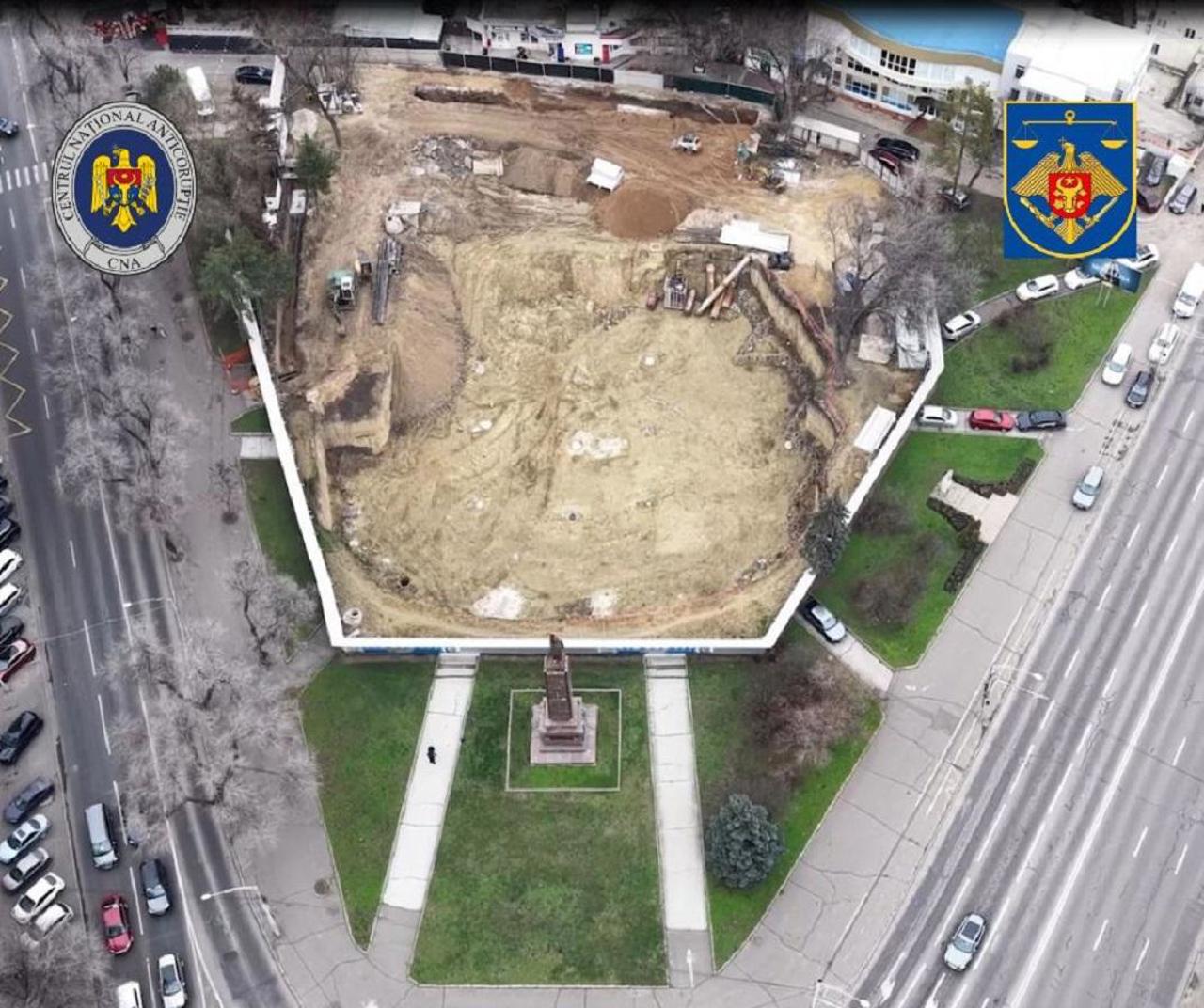Estonia's Digital Edge: Lessons for Moldova's e-Future
Estonia, with more than two decades of experience in digital governance, stands as a leading country that can offer Moldova invaluable lessons as it embarks on its own journey towards a digital society.

Victor Guzun, a digitalization expert and former Moldovan ambassador to Tallinn, provides insights into the most important lessons gleaned from Estonia's remarkable digital transformation journey.
Key Takeaways from Estonia's Digital Governance Experience
Estonia's extensive digitalization experience highlights several fundamental elements, with the most crucial being:
Equipping Every Citizen with Digital Skills: Estonia's success story underscores the importance of equipping every citizen with digital competencies. Before launching a large-scale shift to online services, Estonia prioritised preparing society for digitalization by fostering digital literacy among its population. Initiatives like the Tiger Leap program focused not only on technical expertise but also on instilling societal readiness for the digital age. Moldova can replicate this approach by investing in comprehensive digital education initiatives accessible to citizens across all demographics.
Mandatory Digital Identity: Estonia's decision to enforce a mandatory digital identity for all its residents played a crucial role in boosting widespread adoption of digital services. This requirement not only incentivized individuals to embrace digital platforms but also compelled governments to develop digital solutions. Moldova could consider similar actions to ensure broad access to digital services and promote digital inclusion.
Strong Political Commitment and Long-Term Vision: Sustaining digital transformation demands unwavering political will and a long-term vision. Estonia, within both central and local administrations, demonstrated a strong political commitment to driving reforms and enacting legislation that supports digital innovation.
International Collaboration: Collaboration and knowledge exchange with other nations are essential for fostering innovation. Estonia's engagement with other countries facilitated the exchange of experiences and the adoption of best practices. Moldova should actively participate in international forums and establish partnerships to gain insights into emerging trends and innovative digital governance strategies.
Continuous Investment: Building a digital society is an evolutionary process that requires patience and continuous investment. Estonia's experience shows that results do not materialise instantaneously and underscores the importance of continuous improvement. Moldova should adopt a long-term perspective, focusing on enhancing digital skills at all levels of governance and promoting a culture of innovation.
A Paradigm Shift in Mentality: Digital transformation necessitates a paradigm shift in mentality, not merely the digitization of existing processes. Estonia's digital journey highlights the need for innovative thinking and a modern outlook on traditional governance models. Moldova must foster a culture of innovation and adaptability to successfully navigate the complexities of the digital age.
Moldova's Path to a Digital Future
Moldova can extract valuable insights from Estonia's experience in building a digital society. By prioritising digital literacy, encouraging strong political commitment, promoting international collaborations, and embracing innovation, Moldova can lay the foundation for a more inclusive and resilient digital future.
Translation by Iurie Tataru





